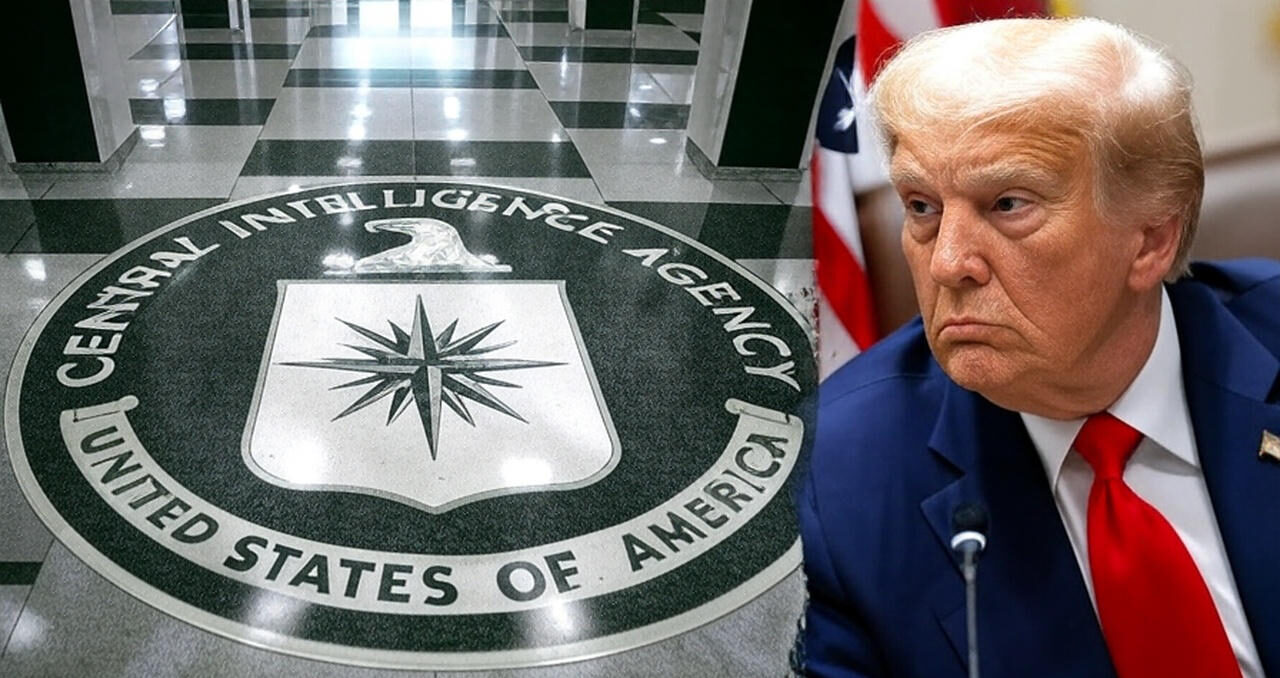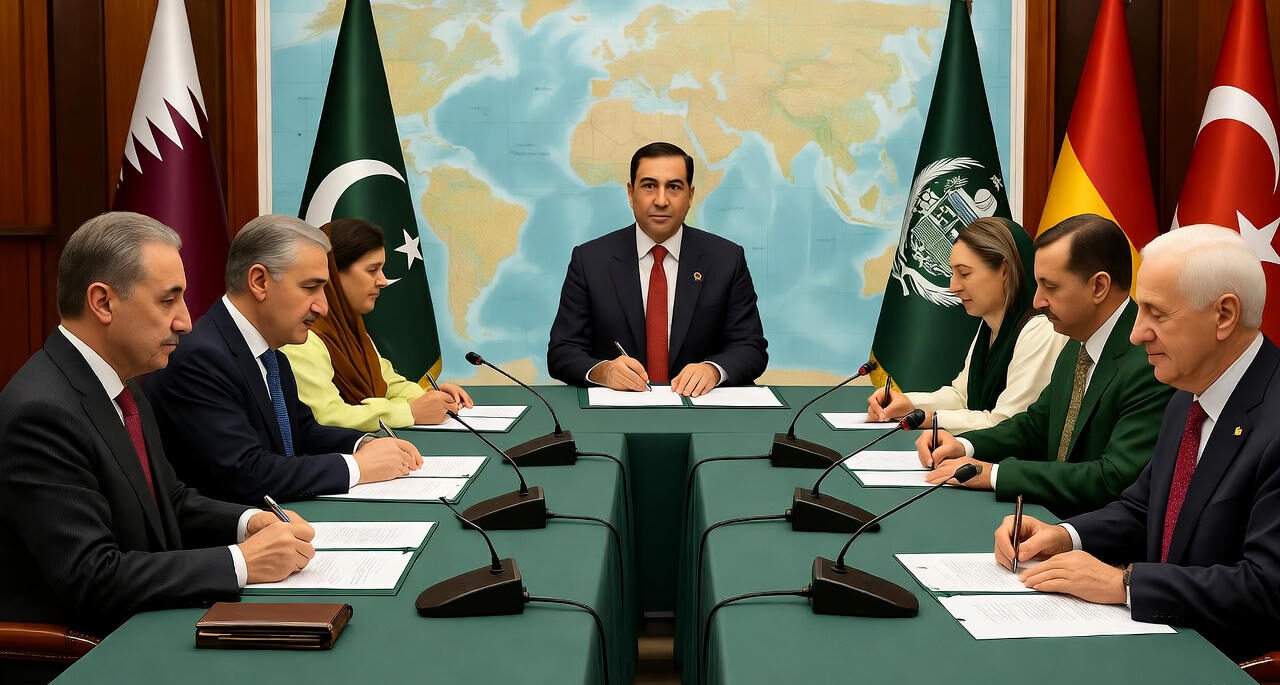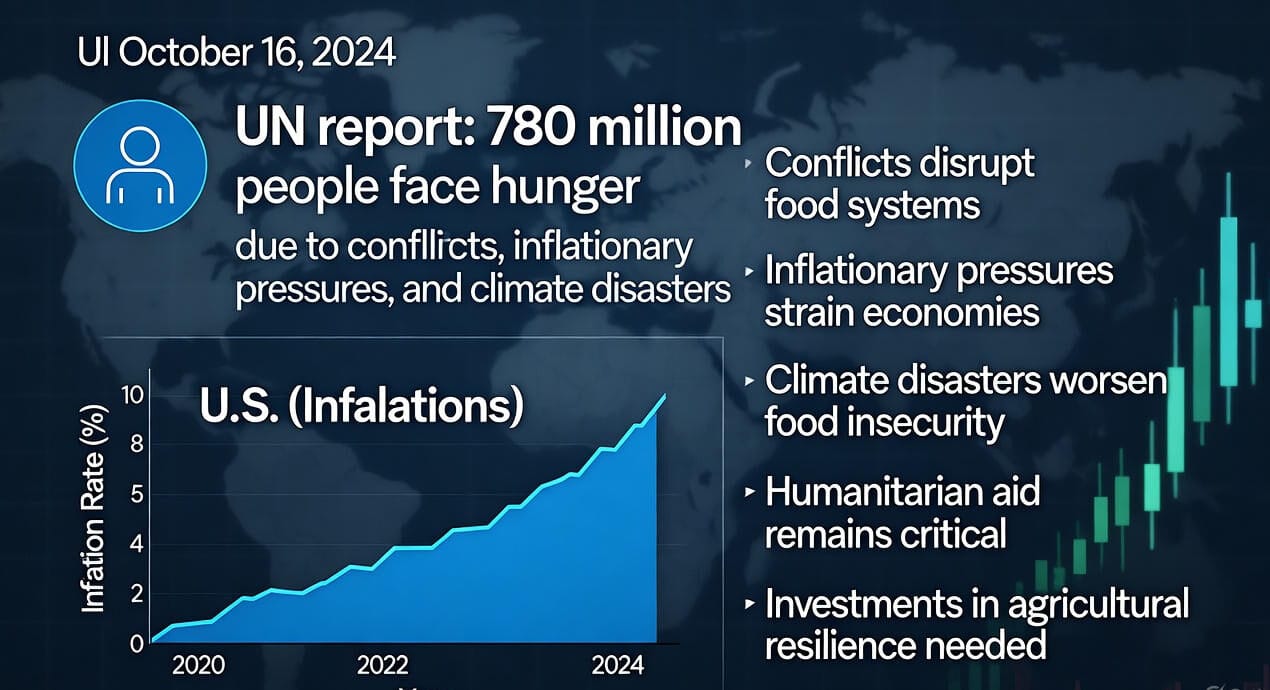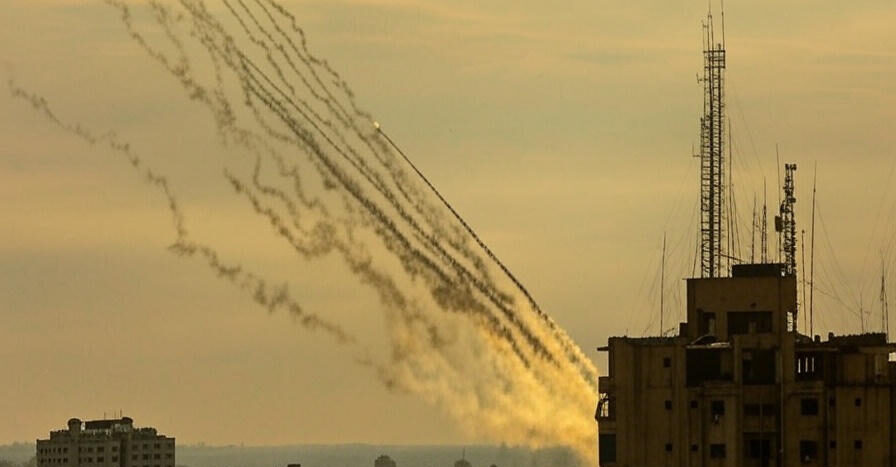
In a bold escalation of its fight against Hamas, Israel carried out a targeted military strike in Doha, Qatar, on September 9, 2025, aiming at senior Hamas leaders in the first-ever Israeli attack on Qatari soil. first-ever Israeli attack on Qatari soil. The operation, executed with surgical precision by the Israel Defense Forces (IDF) and Shin Bet, has sent shockwaves across the Middle East, threatening Qatar’s role as a neutral mediator and raising fears of broader regional instability.
A Targeted Strike in Doha
The Israeli operation zeroed in on Hamas’s political bureau in Doha’s upscale Katara district, a residential area known for its cultural landmarks. Approximately 12 airstrikes rocked the neighborhood, targeting buildings housing Hamas negotiators, including senior figure Khalil al-Hayya. A Hamas source revealed that the targeted group was engaged in discussions over a U.S.-proposed Gaza ceasefire at the time of the attack. Despite the intensity of the strikes, key Hamas leaders, including al-Hayya, Khaled Meshal, and others, reportedly survived, though the attack caused significant disruption.
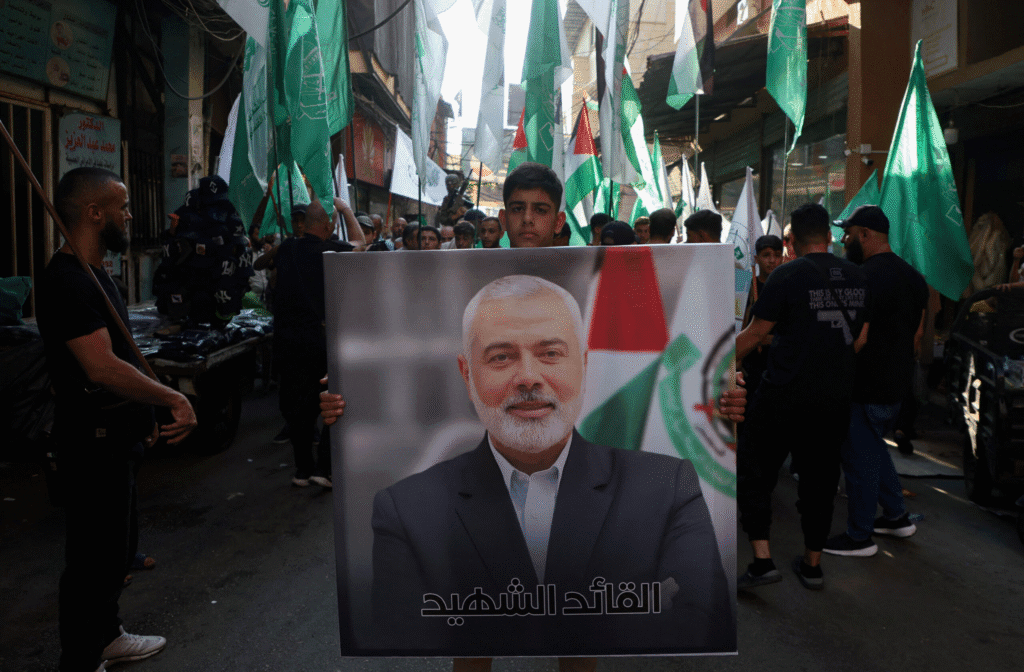
The IDF and Shin Bet described the operation as a “precise strike” aimed at dismantling “terrorist infrastructure” linked to the October 7, 2023, attack on Israel. While the IDF claimed efforts were made to avoid civilian casualties, the choice of a densely populated residential area has sparked widespread condemnation. No immediate deaths were reported, but the strikes left Doha’s residents rattled, with plumes of smoke rising over the capital.
Qatar’s Fury: A Breach of Sovereignty
Qatar, a Gulf state known for its diplomatic balancing act, was quick to denounce the attack. Foreign Ministry spokesperson Majed al-Ansari called it a “cowardly” and “criminal assault,” accusing Israel of violating international law and endangering Qatar’s national security. “This is an unprecedented attack on our soil, and we will not stand idly by,” al-Ansari declared, signaling Qatar’s intent to respond diplomatically.
For over a decade, Qatar has hosted Hamas’s political office, providing a safe haven for its leaders while mediating between Israel and the militant group. The Gulf state has also facilitated humanitarian aid to Gaza and hosted critical ceasefire negotiations. The attack follows a June 2025 Iranian missile strike on the U.S.’s Al Udeid Air Base in Qatar, further highlighting the Gulf state’s entanglement in the region’s volatility.
Regional and Global Reactions
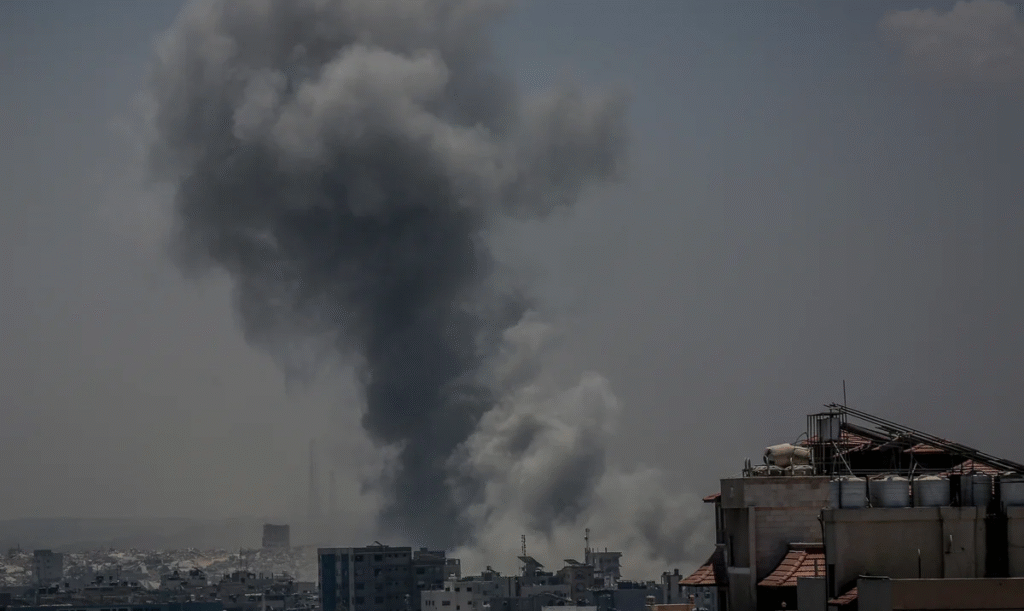
The strike has drawn sharp reactions from key players. Iran, a staunch supporter of Hamas, condemned the attack as a “gross violation” of Qatar’s sovereignty, with its foreign ministry warning of “severe consequences” for Israel’s actions. Israeli media outlets, citing unnamed sources, reported that the U.S. was informed of the operation in advance, with some claiming President Donald Trump gave a tacit “green light.” However, Israel’s Prime Minister’s Office was quick to clarify that the strike was “wholly independent,” distancing the operation from direct U.S. involvement.
The international community remains divided. Some Western allies of Israel have expressed unease over the strike’s location, given Qatar’s role as a diplomatic hub, while others have remained silent, awaiting further details. The attack’s timing—amid ongoing Gaza ceasefire talks—has raised concerns about its impact on peace efforts. Analysts warn that targeting Hamas negotiators in Doha could undermine trust in Qatar as a safe space for diplomacy, potentially derailing future negotiations.
Implications for Hamas and Qatar
The strike represents a significant escalation in Israel’s strategy to neutralize Hamas’s leadership, extending its reach beyond Gaza and Lebanon to a Gulf state previously considered untouchable. By targeting Hamas in Doha, Israel has sent a clear message: no sanctuary is safe for its enemies. However, this aggressive move risks alienating Qatar, a key player in securing past ceasefires and hostage releases.
For Hamas, the attack underscores the vulnerability of its political leadership, even in a country as diplomatically insulated as Qatar. The survival of key figures like al-Hayya and Meshal may embolden the group to retaliate, though its capacity to do so from Doha remains limited. The strike also raises questions about whether Qatar will continue to host Hamas’s political office, a decision that could reshape the group’s operational structure.
A Test for Regional Diplomacy
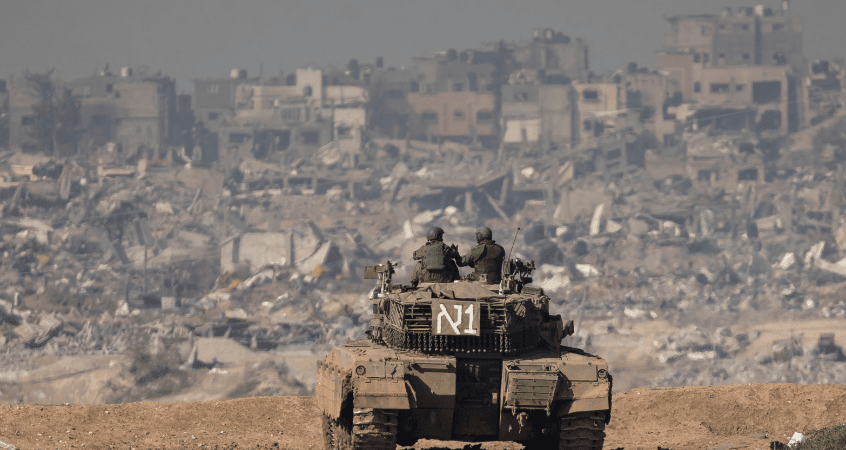
The strike has thrust Qatar into a challenging and undesirable predicament. As host to the U.S.’s Al Udeid Air Base and a mediator in multiple regional conflicts, Qatar has carefully cultivated an image of neutrality. The Israeli strike, combined with the earlier Iranian attack on Al Udeid, exposes the challenges of maintaining that neutrality in a polarized region. Qatar’s diplomatic and military reactions will be closely scrutinized.
The strike could strain Israel’s relations with Gulf states, many of which have warmed to Israel in recent years through agreements like the Abraham Accords. It also risks escalating tensions with Iran, which may seize the opportunity to rally anti-Israel sentiment. Most critically, the attack threatens to derail ceasefire efforts in Gaza, where civilians continue to bear the brunt of the ongoing conflict.
What Lies Ahead?
Will Doha expel Hamas’s political office, or double down on its mediation role? Will Israel face diplomatic repercussions, or will its allies shield it from criticism? And how will Hamas respond to this audacious strike on its leadership?
For now, Doha remains on edge, with the scars of Israel’s airstrikes serving as a stark reminder of the region’s fragility. The September 9 attack has not only targeted Hamas but also challenged the delicate balance of power in the Gulf. As tensions simmer, the world watches to see whether this bold move will ignite a wider conflict or force a recalibration of the region’s diplomatic fault lines.
